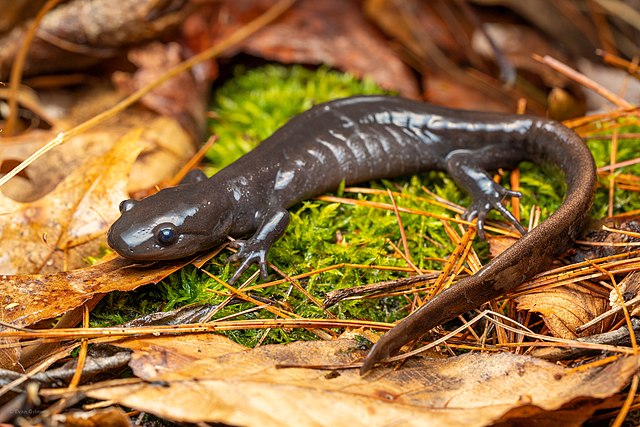A peaceful beach day turned tragic when a shark attacked a Canadian tourist at Blue Hills beach in Turks and Caicos. The 55-year-old woman lost both hands on February 7 after she went into shallow water to take pictures of a shark.
The tourist walked into the water near the beach to photograph the six-foot shark. Her husband rushed to help as the shark kept circling back. Despite losing both hands and getting bitten on her thigh, she managed to walk back to shore.
One hand was cut off at the wrist. The other was severed halfway up her forearm. Local medical teams at Cheshire Hall Medical Centre treated her before sending her to a larger hospital off the island. Doctors expect her to survive.
Charlotte MacLeod from Global Affairs Canada spoke about the incident. “We know about a Canadian citizen’s accident in Turks and Caicos,” she said. Due to privacy considerations, no further details may be disclosed.
Simlar Posts:
Local authorities closed the beach right after the attack. They opened it two days later when the shark moved away to deeper waters. The habitat around Turks and Caicos is home to various sharks, including grey reef sharks, nurse sharks, tiger sharks, bull sharks, and hammerhead sharks. Officials haven’t confirmed which type of shark attacked the tourist.
Shark attacks rarely happen in this area. Last year saw just one unprovoked attack, with no deaths. In the past four years, only four people have been bitten by sharks here. None died from their injuries.
\Just days before this incident, a shark bit two American tourists in nearby Bahamas waters. Rileigh Decker and Summer Layman were swimming near their friend’s boat in Bimini Bay. Both survived after getting emergency medical care.
The local Department of Environment and Coastal Resources shared simple safety rules after the attack. They ask people to watch their surroundings and follow local advisories. Swimmers should stay in designated areas and avoid murky water. They should never swim alone or try to feed marine wildlife.

This attack shows why keeping a safe distance from sea life matters, even at popular beach spots. While shark attacks don’t happen often, they can cause serious harm when people get too close. The Florida Museum’s shark research team notes fewer attacks worldwide in 2024. They counted 47 unprovoked attacks, down from 69 the year before.
The Turks and Caicos government’s environmental department continues to monitor the situation to ensure visitor safety in the region’s waters.


















